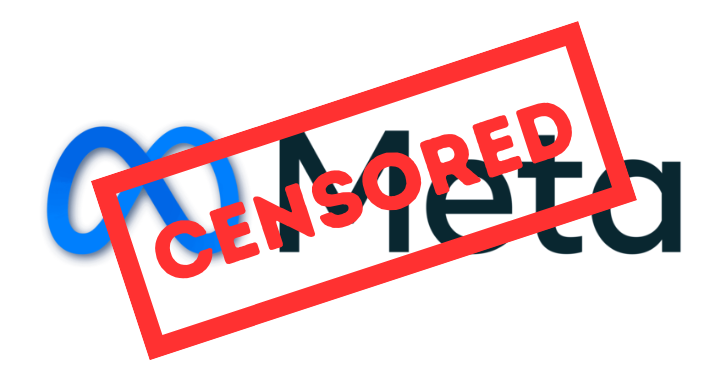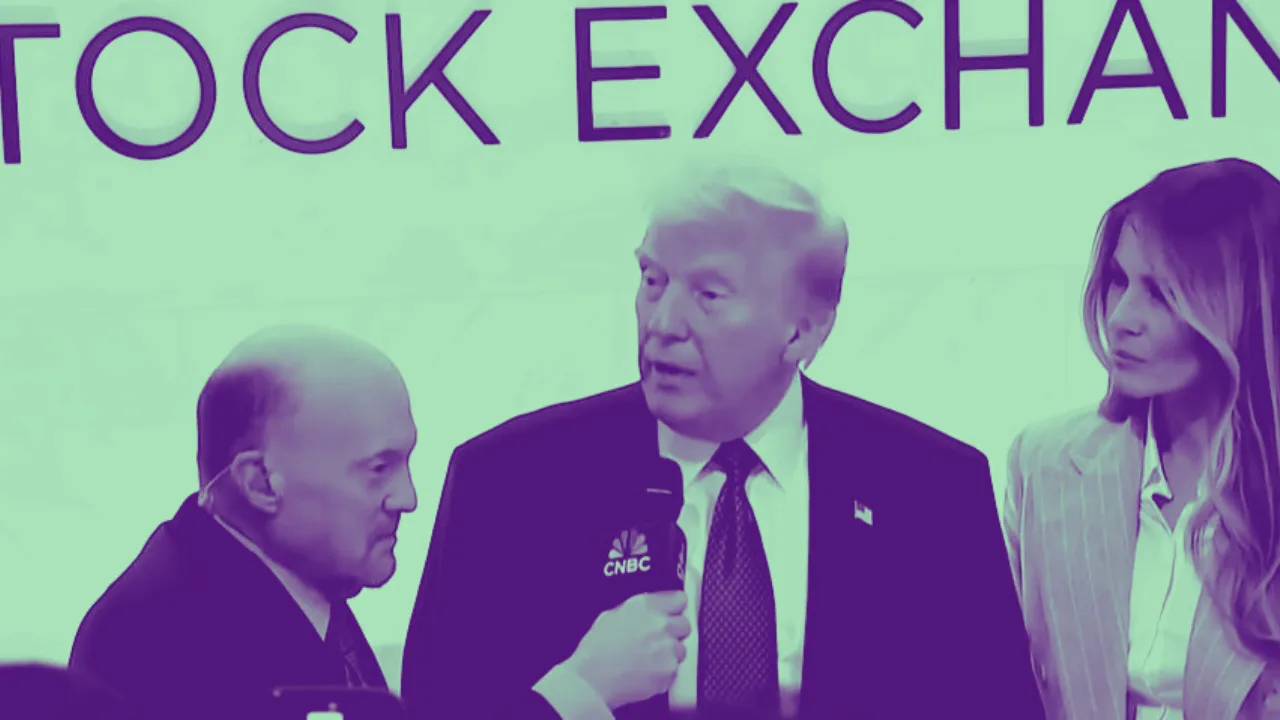Meta CEO Mark Zuckerberg admitted that Facebook faced substantial pressure from the Biden administration to censor content related to COVID-19 and the Hunter Biden laptop story. This admission sheds light on the complex relationship between social media platforms and government influence, raising critical questions about free speech and the future of digital discourse.
The Pressure on COVID-19 Content
According to Zuckerberg, senior officials from the Biden administration exerted considerable pressure on Facebook in 2021 to moderate or remove content that was skeptical of the COVID-19 vaccines or that questioned the origins of the virus. This pressure included posts that suggested the virus was manmade or bioengineered, claims that, at the time, were highly controversial but have since gained some scientific consideration. Zuckerberg expressed regret that Facebook succumbed to this pressure, admitting that in hindsight, some of the decisions made were not the best. He acknowledged that Facebook could have been more vocal in resisting the administration’s demands, especially concerning humor and satire, which were also targeted.
Zuckerberg’s regret comes from the realization that the administration’s pressure may have led to the suppression of legitimate discourse, which is essential for a healthy democratic society. He emphasized that Facebook has since revised its policies to ensure that such government influence does not compromise its content moderation decisions in the future.
The Hunter Biden Laptop Controversy
In addition to the COVID-19 content, Zuckerberg also addressed the Hunter Biden laptop story. Ahead of the 2020 presidential election, the FBI warned Facebook about a potential Russian disinformation campaign targeting the Biden family. As a result, Facebook temporarily demoted a New York Post article detailing corruption allegations involving Hunter Biden. This decision was made pending a review by fact-checkers, a process that Zuckerberg now admits was flawed.
Zuckerberg explained that the demotion of the story was based on the FBI’s cautionary advice, but in hindsight, it became clear that the story was not Russian disinformation. The misstep has prompted Facebook to alter its approach to such situations. Now, the platform no longer demotes content in the U.S. while awaiting fact-checker reviews, a policy change aimed at preventing similar occurrences.
Implications for Free Speech and Social Media
Zuckerberg’s admissions have sparked a broader debate about the role of social media in shaping public discourse and the potential dangers of government influence over content moderation. Critics argue that the government’s pressure on Facebook to censor certain narratives poses a threat to free speech, a cornerstone of democratic society. On the other hand, proponents of content moderation may view these actions as necessary to prevent the spread of misinformation, especially during a global health crisis.
The revelations have also led to increased scrutiny of how social media platforms handle politically sensitive content. Facebook’s decision to demote the Hunter Biden story, in particular, has been criticized as a form of election interference, as it limited the visibility of potentially damaging information about a presidential candidate.
How Could this Impact Meta’s Stock Price?
The impact of Mark Zuckerberg’s admissions on Meta’s stock price could be multifaceted. On one hand, these revelations might lead to increased scrutiny from investors concerned about the company’s governance and its susceptibility to government influence. This could introduce uncertainty and potentially lower investor confidence, leading to a short-term decline in the stock price.
On the other hand, Zuckerberg’s commitment to greater transparency and changes in policy might reassure some investors that Meta is taking steps to protect its platform’s integrity, potentially mitigating negative effects. The overall impact will likely depend on how the broader market and regulatory bodies react to these revelations. Investors will be watching closely to see if these issues lead to further regulatory challenges or changes in user behavior on Meta’s platforms.
Moving Forward
In response to these issues, Zuckerberg has committed to greater transparency and resistance to government pressure in the future. He stated that Facebook’s goal is to be neutral and not to appear as if it is playing a role in political outcomes. However, this balance between moderation and free speech remains a delicate and ongoing challenge.
As the digital landscape evolves, the relationship between social media platforms and government entities will likely continue to be a contentious topic. Zuckerberg’s admissions serve as a reminder of the power and responsibility that these platforms hold in shaping public discourse and the importance of safeguarding free speech in the digital age.





